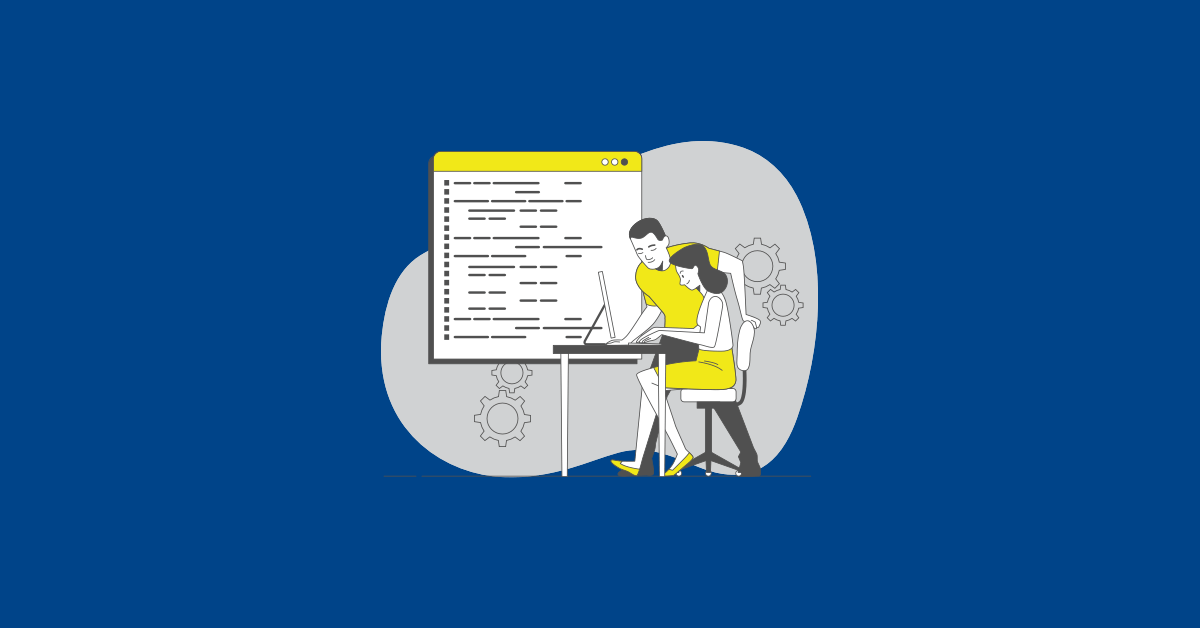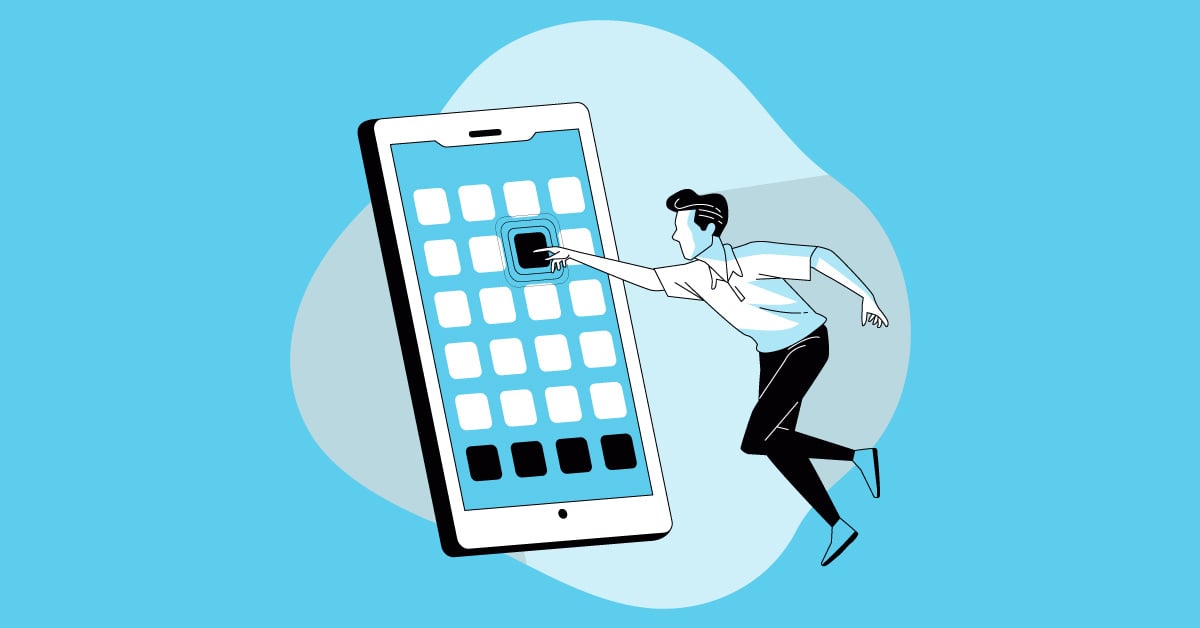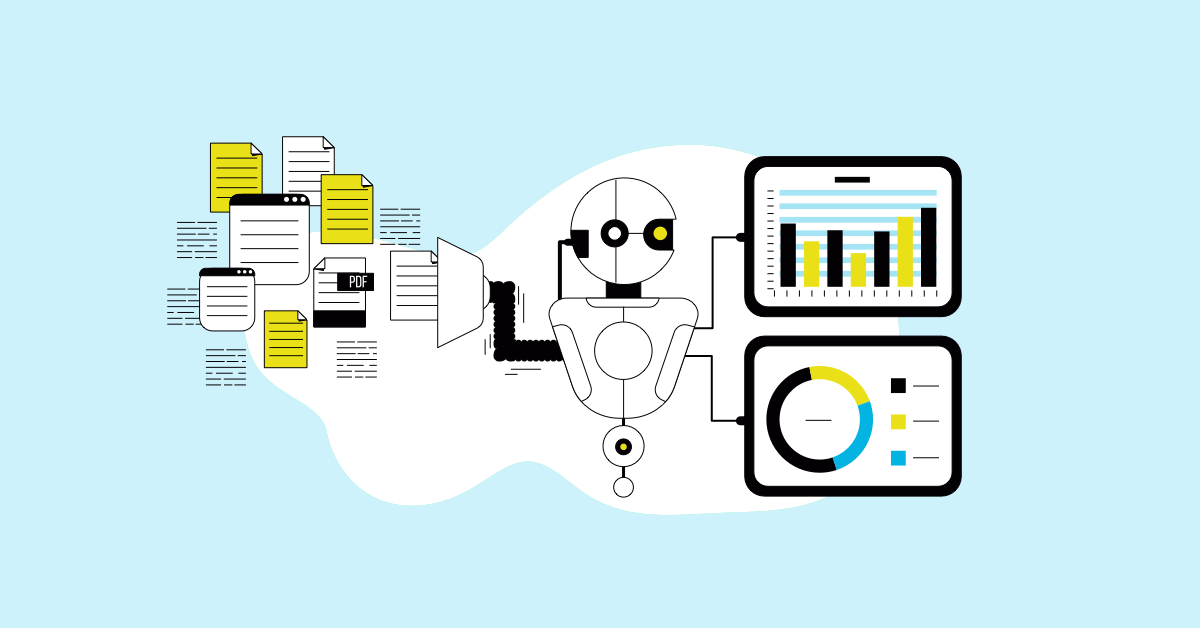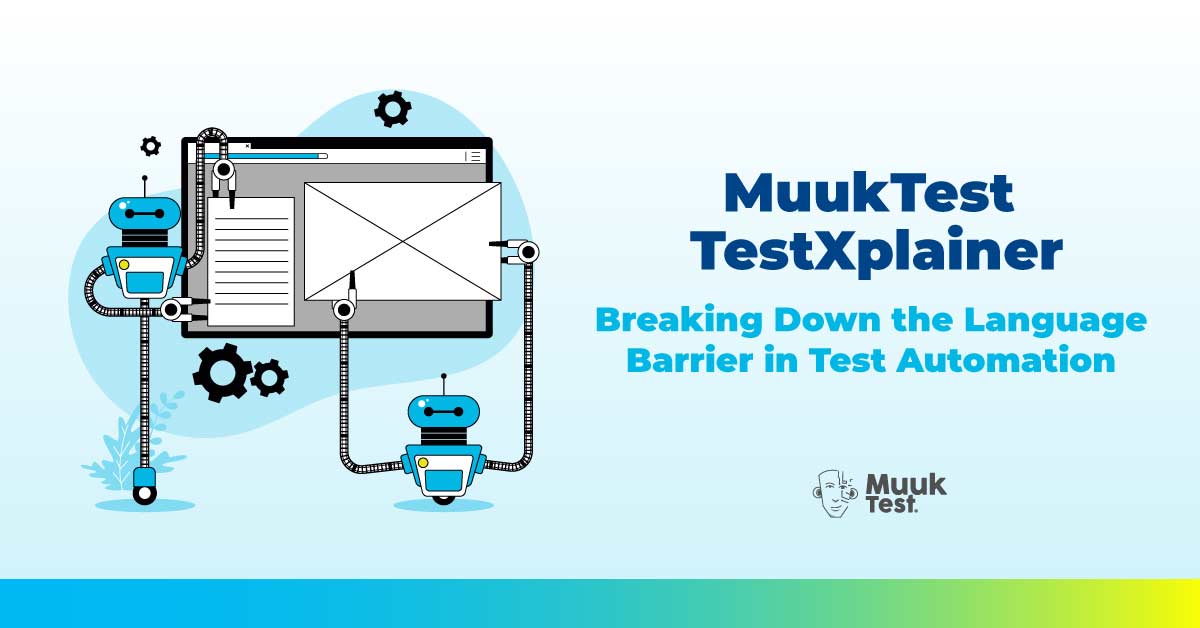As Artificial Intelligence (AI) increasingly becomes a part of our lives, businesses are starting to explore how they can use AI for their testing purposes. In fact, one such area that is seeing a lot of activity is AI software testing.
According to Global Market Insights, the software testing market is estimated to grow 7% by 2027, mainly due to AI testing.
This article will explore what AI software testing is, the benefits of using it, the pros and cons of manual and AI testing, and eventually, how to become an AI tester.
What is AI Testing in Software?
AI software testing is a form of testing that uses artificial intelligence (AI) technologies to test products that aren’t released yet. AI software testing can test both the functionality of a software application and the usability of the user interface.
There are a number of benefits to using AI for software testing:
- It can help to reduce the amount of time needed to test a software application.
- AI can help to improve the accuracy of software testing by reducing the number of false positives and false negatives.
- AI can support the automation of repetitive and tedious tasks associated with software testing.
There are four main approaches to AI software testing: rule-based systems, decision trees, artificial neural networks, and evolutionary algorithms. Each approach has its pros and cons, so choosing the right one for your specific needs is important.
What are the 4 Main Approaches to AI Testing?
The four main approaches to Artificial Intelligence in software testing are acting humanly and rationally and thinking humanly and rationally. Each approach has its strengths and is essential to all parts of the software testing part.
The acting humanly approach is good for testing natural language understanding and social interactions. The thinking humanly approach is good for testing cognitive abilities such as memory, attention, and decision-making.
The thinking rationally approach is good for testing logical reasoning and problem-solving skills. Lastly, the acting rationally approach is suitable for testing planning and execution abilities.
These approaches are necessary to get a well-rounded software testing plan covering all aspects of AI.
Differences Between Manual Software Testing and AI Software Testing
As the demand for better and more sophisticated software increases, so does the need for more reliable testing. Traditional manual software testing is no longer feasible or efficient enough to meet these demands. This is where artificial intelligence (AI) comes in.
There are several key differences between manual software testing and AI software testing. First, there is no need for a human tester to be involved in the first part of the testing process with AI software testing. Hence, the tests can be carried out automatically without any human intervention.
Secondly, AI software testing can test a wide range of different software applications, including those that are not yet available to the public. This is because AI software testing can be used to test both the functionality of an application and its user interface.
Finally, an AI-based tool is generally much faster than manual testing, meaning that more tests can be carried out in a shorter period. In addition, AI software testing can be carried out using various techniques, such as machine learning, allowing it to quickly learn and adapt to new situations.
All in all, AI testing has become an important part of any software release campaign. However, it’s essential to keep in mind that it may commit errors and, therefore, having one or more human testers will ensure that your product works perfectly.
How to Become an AI Tester?
To become an AI tester, you will need to have a strong computer and data science background. You will also need to be familiar with software testing tools and methods.
Also, if you want to become an AI tester, you will need to hold the CTFL – Certified Tester Foundation Level or the ISTQB® Certified Tester- AI Testing.
These certifications will allow you to understand the different concepts of AI software testing, contribute to reviewing the product, know test priorities, and how the whole system works.
The Benefits of Artificial Intelligence in Software Testing
It’s no secret that AI is transforming a wide range of industries. From retail to healthcare, AI is used to automate tasks, improve efficiency and accuracy, and deliver better testing experiences. The software testing industry is no exception, as it offers several potential benefits for developers, including those here below.
Slow Test Execution
One of the biggest pain points for software testers is slow test execution speeds. This can be a major problem when trying to release new features or products quickly. But with AI, you can speed up your testing process by automatically running tests in parallel.
This can save a lot of time and frustration for testers (and developers). According to AltexSoft, each software testing process could need six different types of testers or analysts:
- Test analyst
- Test architect
- Test manager
- Software test engineer
- Test automation engineer
- Software development engineer in test
Needless to say, adding an AI tool will only facilitate the process and will make everything smoother and faster.
Excessive Test Maintenance
Web applications are dynamic and constantly changing. Therefore, the testing process could break easily if the codebase is updated, especially if identifiers for elements on the page, such as a button’s CSS class.
When adding Machine Learning to your AI-based tool, the tests will be solid, and mostly error-free, and the testing part won’t be as likely to break, which is an excellent point to save time.
The Software Can Be Released More Quickly
It is undeniable that any software will be released more quickly if tested with AI than manual testing.
On the one hand, AI tools can help testers find and fix issues more quickly, thus speeding up the overall testing process. On the other hand, the AI-based tool will test the product, and the manual tester will only need to review it once more.
While the release speed depends on how well the software is tested and how effective the AI tools are at finding and fixing issues, the difference with manual testing is massive.
Improved Accuracy
Since AI-powered test automation systems don’t get tired and make fewer mistakes than humans, they can help improve the accuracy of your software testing.
The chances of human-prone mistakes are high in manual testing, especially when repeating tasks. Using Artificial Intelligence in software testing helps eliminate these errors; hence, these repetitive tasks are handled more efficiently, and overall results are more accurate.
Low Test Coverage
Verification testing coverage is an important indicator of how thoroughly your app has been tested for its functionalities, product requirements, and key risks.
AI-powered testing tools might determine and generate new test cases to ensure more thorough coverage by using previous testing sessions’ experience.
That would be especially beneficial if used in conjunction with a risk-based approach, in which the program identifies the software parts that are likely to crash and those that will be most damaging in case they break.
Creating High-Quality Reports
Coming up with accurate, high-quality test cases is sometimes quite complex. AI can assist testing tools in generating test cases at the unit and even API tools. Test automation software may also help create accurate tests by identifying existing, reusable components.
Conclusion
As AI testing becomes more commonplace, testers need to understand how to use these tools and what benefits they offer. By learning about and using AI testing methods, testers can speed up the testing process and find more defects in software.
In addition, AI testing can help identify issues that may not be found through manual testing. Testers who can use AI tools will be better equipped to test increasingly complex software systems.
To conclude, AI testing is the future wave and can help improve software testing. Machines have already proven themselves better than humans when it comes to speed and accuracy when finding errors. Are you ready to incorporate AI Testing into your business?




%20(1).png?width=150&height=69&name=MuukTest-logo---light-background%20(3)%20(1).png)
